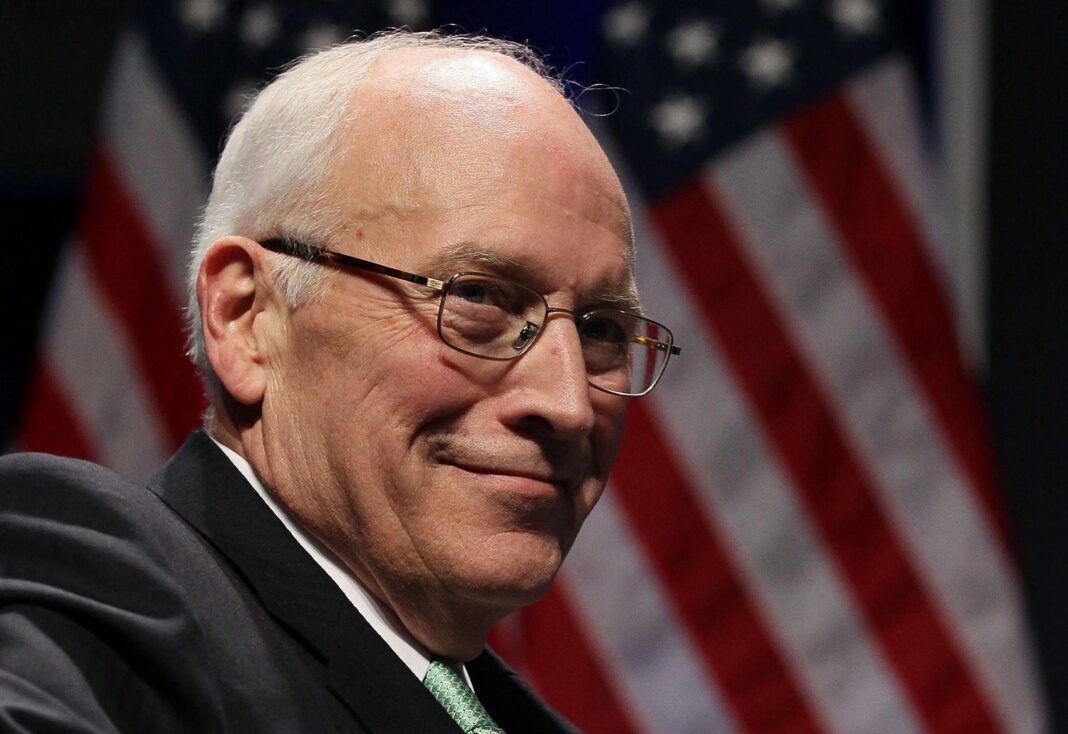Dick Cheney: A Complex Legacy of Power and Controversy
Early Life and Political Ascendancy
Dick Cheney was born on January 30, 1941, in Lincoln, Nebraska, a backdrop that would shape his tenacity and political acumen. Growing up in a modest household, Cheney’s early experiences instilled in him a sense of ambition and resilience. He attended the University of Wyoming, where he earned a degree in political science. His early career in politics began in the late 1960s, working for various Republican figures, setting the stage for a future steeped in American governance.
Secretary of Defense and the Persian Gulf War
Cheney’s political journey took a significant turn when he was appointed Secretary of Defense under President George H.W. Bush from 1989 to 1993. During his tenure, he played a pivotal role in the Persian Gulf War, overseeing military strategies that ultimately led to the liberation of Kuwait from Iraqi occupation. His decisive leadership during this conflict cemented his reputation as a formidable force in the U.S. military landscape. Cheney’s involvement in the Gulf War showcased his belief in the necessity of a strong military and the belief that decisive action was crucial for the safety and security of the United States.
Vice Presidency and the Iraq War
Returning to public life as Vice President under George W. Bush, Cheney’s influence reached unprecedented heights. Distinctively, Cheney acted as the chief operating officer of the Bush administration, with a hand in critical foreign and domestic decisions. His strong advocacy for the invasion of Iraq in 2003 was perhaps his most defining moment—but also his most polarizing. Cheney played a crucial role in articulating the necessity of the war to Congress and the American public, often citing the threat of weapons of mass destruction as a central argument.
Surveillance and National Security
Post-9/11, Cheney was a staunch defender of the enhanced surveillance and national security measures enacted in response to the terrorist attacks. He argued that these extraordinary tools were essential for protecting the nation. His views on the Patriot Act and other legislative measures reflect his belief in strong government action during times of crisis, further igniting debates about civil liberties and privacy rights in America.
A Polarizing Figure
Throughout his career, Cheney was a figure of substantial public scrutiny. His role as vice president was marked by a profound lack of transparency, which fueled suspicions and controversies. Years after leaving office, Cheney became a contentious figure within the Republican Party, particularly during Donald Trump’s presidency. His daughter, Liz Cheney, emerged as a vocal critic of Trump’s attempts to undermine the democratic process, further complicating Cheney’s legacy within GOP circles.
Health Challenges and Resilience
Even as Cheney navigated a tumultuous political landscape, he battled significant health issues. His lifelong struggle with heart disease culminated in a heart transplant in 2012. This personal history of illness adds another layer to his public persona, showcasing his remarkable resilience in both his personal and professional life. His health challenges did not deter him from remaining active in political discourse, demonstrating his enduring passion for American governance.
Cheney’s Enduring Influence
Cheney’s impact on U.S. politics will undoubtedly remain a part of American history discussions. His approach to power, advocacy for military actions, and unwavering defense of national security measures raise intricate questions about the balance between authority and individual liberties. As a figure who oscillated between admiration and contempt, Cheney’s life reflects the complexities of American political life and the fierce debates that continue to shape the nation.
In reflecting on Cheney’s legacy, it is essential to consider both his contributions to national security and the controversies that accompany them. His story is emblematic of a transformative era in U.S. politics, characterized by bold decisions, significant challenges, and a polarized national discourse.



